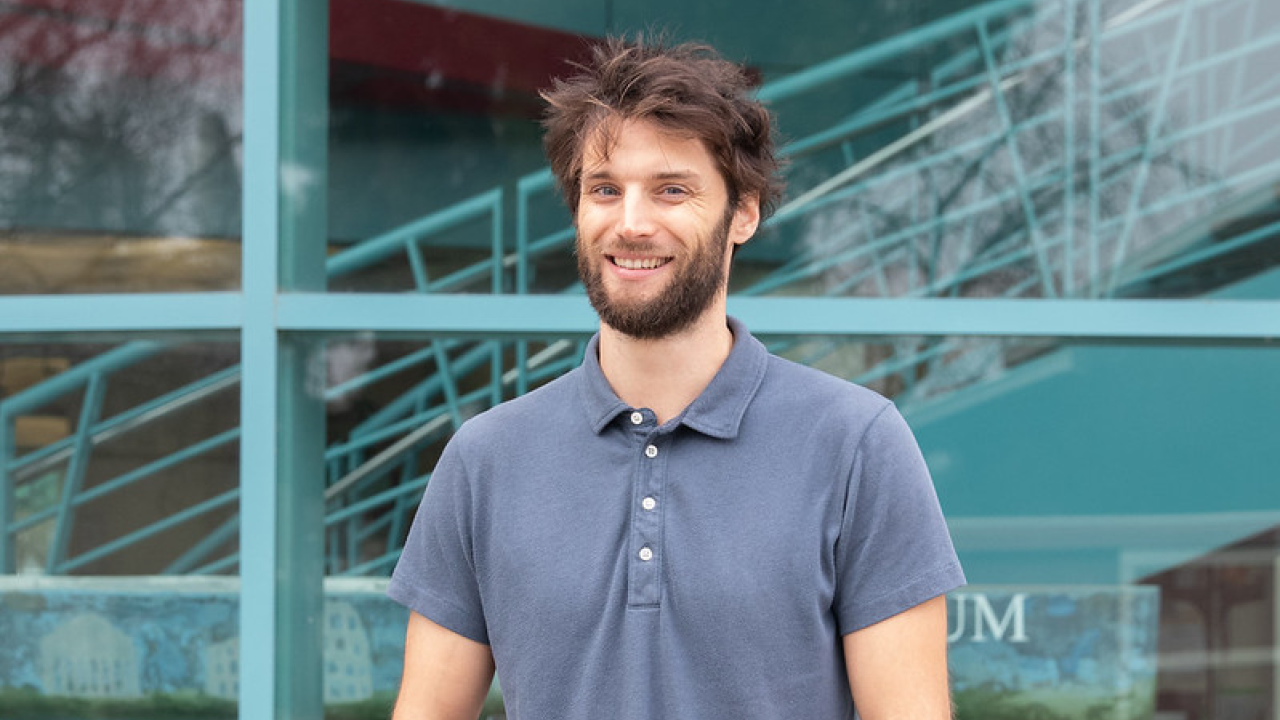
Professor William Putnam Receives NSF CAREER Award
Prof. Putnam is developing high-speed optical detectors that could revolutionize infrared spectroscopy
William Putnam, an assistant professor of Electrical and Computer Engineering, has received a CAREER award from the National Science Foundation (NSF). This CAREER award will support his proposal entitled, “Chip-Scale, Field-Resolved Detection of Mid-Infrared Light”.
The Faculty Early Career Development (CAREER) Award is one of the NSF’s most prestigious honors for early-career faculty. The award recognizes young faculty who have the potential to serve as leaders in their departments and organizations. The award helps such early-career faculty build foundations for productive careers as role models and leaders in research and education.
William’s CAREER award will support research that aims to boost an extremely important and widespread technology: infrared spectroscopy. In infrared (IR) spectroscopy, electromagnetic waves in the infrared domain are used to probe the molecular composition of samples. Virtually all molecules absorb infrared light, but different molecules absorb different combinations of infrared colors. These color combinations, or absorption patterns, can be used as “molecular fingerprints” to identify the composition of different materials or samples. Such molecular-fingerprinting capabilities have made IR spectroscopy extremely useful for a wide array of applications, ranging from breath analysis for early disease detection to environmental monitoring for climate science.
In Putnam’s lab, his team, supported by this NSF CAREER grant, will leverage recent developments in ultrafast lasers and nonlinear optics to improve the resolution and capabilities of infrared spectroscopy. The core idea underlying the project is to use ultrafast lasers to sample oscillating, infrared light waves in the time domain. Such high-speed, "field-resolved' detection will enable infrared spectrometers to be made with vastly superior resolution and novel capabilities. Putnam and his team hope their compact, field-resolving detectors will revolutionize infrared spectroscopy and enable many new applications in numerous scientific disciplines.

